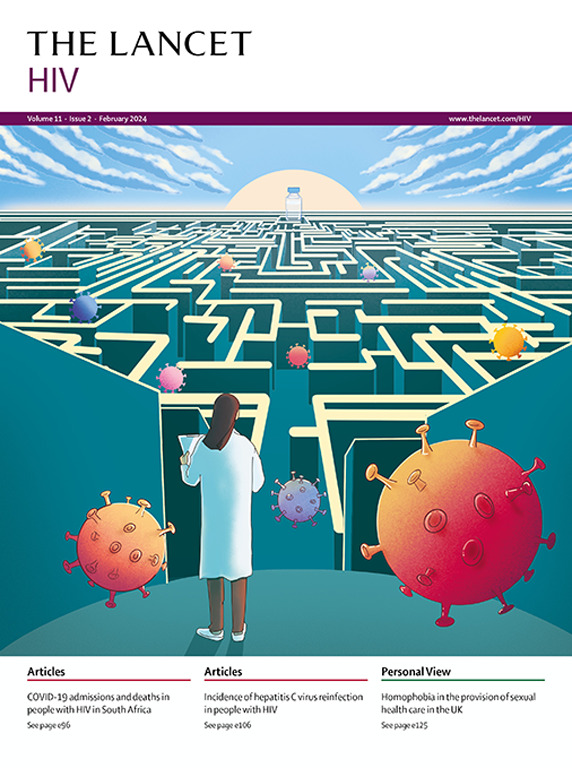十字路口的全球艾滋病毒应对:在资金中断的情况下保护成果和促进可持续性
IF 13
1区 医学
Q1 IMMUNOLOGY
引用次数: 0
摘要
由于突如其来的资金削减,特别是来自美国的资金削减,全球艾滋病应对面临危机,威胁到数十年的进展。非洲各国政府报告说,包括艾滋病毒检测、治疗和预防在内的基本服务普遍中断。由于依赖以前稳定的伙伴关系和外部资金,许多规划容易受到突如其来的财政冲击。实现自力更生将需要整合国家卫生系统、简化服务提供、扩大卫生系统功能的数字卫生解决方案以及多样化的资金来源,包括更多地调动国内资源、创新融资和影响力投资。尽管一些国家在自力更生方面取得了重大进展,但仍需要采取紧急行动,防止因服务中断而对个人和社区造成伤害。各国政府应带头努力,将艾滋病毒服务统一体纳入更广泛的卫生系统,捐助者应转向战略支助,包括技术援助和为减轻危害的商品和服务提供催化性资金。如果不采取果断行动,供资中断可能导致感染和死亡率的灾难性增加,从而破坏下一代的全球艾滋病毒防治工作。本文章由计算机程序翻译,如有差异,请以英文原文为准。
The global HIV response at a crossroads: protecting gains and advancing sustainability amid funding disruptions.
The global HIV response faces a crisis as abrupt funding cuts, particularly from the USA, threaten decades of progress. Governments across Africa report widespread disruptions in essential services, including HIV testing, treatment, and prevention. Reliance on previously stable partnerships and external funding has left many programmes vulnerable to sudden financial shock. Achieving self-reliance will require national health system integration, streamlined service delivery, digital health solutions to extend health system functions, and diversified funding sources, including greater mobilisation of domestic resources, innovative financing, and impact investment. Although some countries have made major strides towards self-reliance, urgent actions are needed to protect against harms to individuals and communities due to service delivery interruptions. Governments should lead efforts to integrate the continuum of HIV services into broader health systems, and donors should pivot towards strategic support, including technical assistance and catalytic funding for commodities and services that mitigate harms. Without decisive action, funding disruptions could result in catastrophic increases in infections and mortality, undermining the global HIV response for the next generation.
求助全文
通过发布文献求助,成功后即可免费获取论文全文。
去求助
来源期刊

Lancet Hiv
IMMUNOLOGYINFECTIOUS DISEASES&-INFECTIOUS DISEASES
CiteScore
19.90
自引率
4.30%
发文量
368
期刊介绍:
The Lancet HIV is an internationally trusted source of clinical, public health, and global health knowledge with an Impact Factor of 16.1. It is dedicated to publishing original research, evidence-based reviews, and insightful features that advocate for change in or illuminates HIV clinical practice. The journal aims to provide a holistic view of the pandemic, covering clinical, epidemiological, and operational disciplines. It publishes content on innovative treatments and the biological research behind them, novel methods of service delivery, and new approaches to confronting HIV/AIDS worldwide. The Lancet HIV publishes various types of content including articles, reviews, comments, correspondences, and viewpoints. It also publishes series that aim to shape and drive positive change in clinical practice and health policy in areas of need in HIV. The journal is indexed by several abstracting and indexing services, including Crossref, Embase, Essential Science Indicators, MEDLINE, PubMed, SCIE and Scopus.
 求助内容:
求助内容: 应助结果提醒方式:
应助结果提醒方式:


